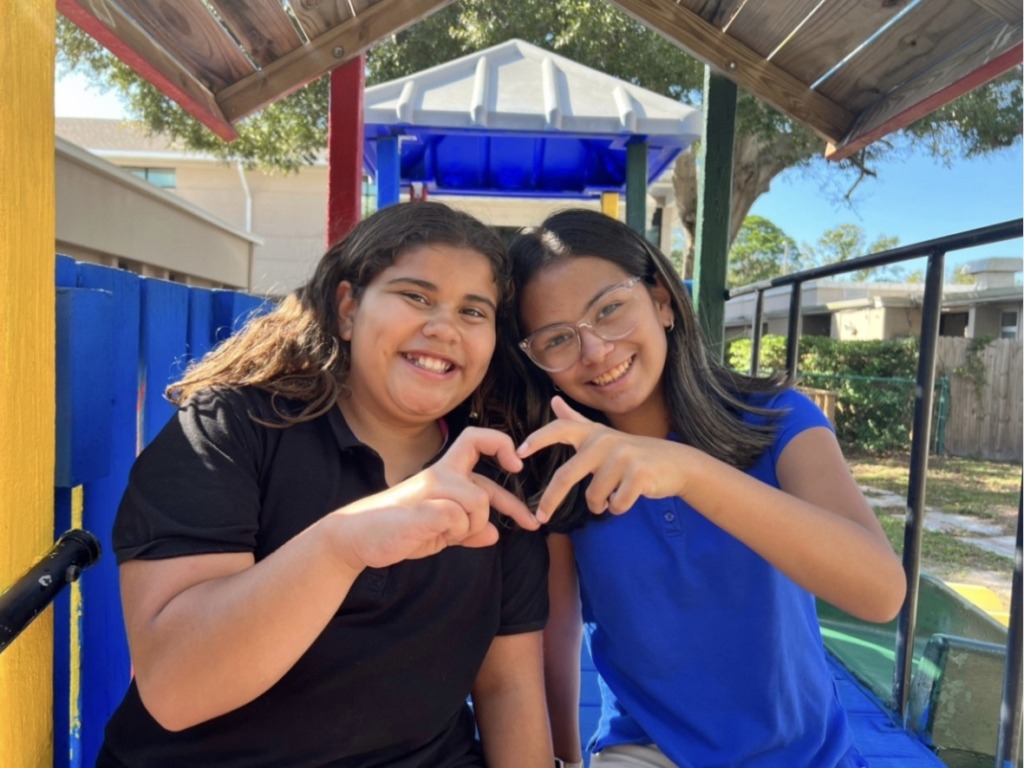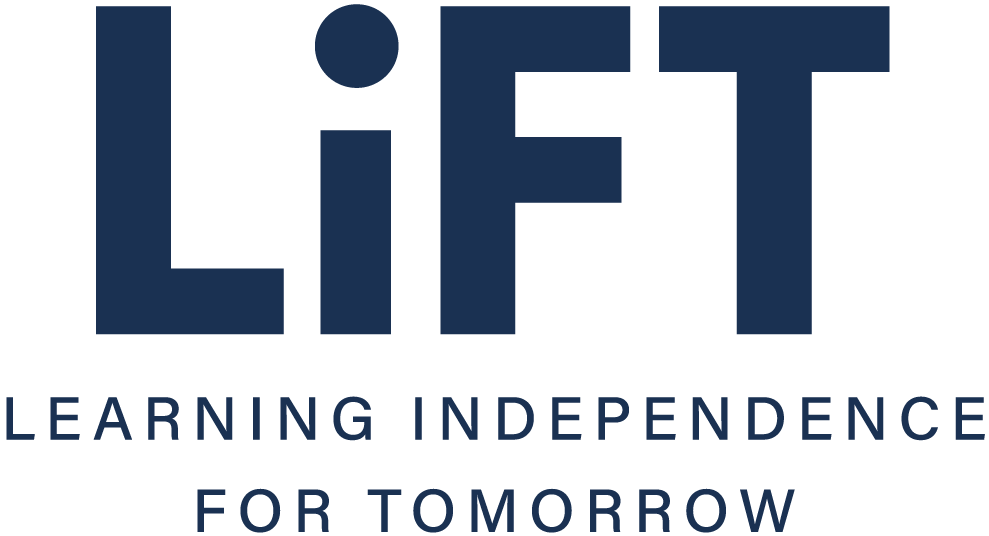What Is Special Education?
Many students are eligible for extra support and help at schools for Neurodiverse students near you, such as LiFT Academy. Special education is available to children who are affected by physical, cognitive or behavioral conditions.
Special education is designed to ensure that students with disabilities receive an education as close as possible to their peers without disabilities. Services include:
- an individualized education program (IEP)
- Additional aids and services such as a classroom assistant
- Speech Therapy To help with communication and feeding needs
- Occupational therapy for daily activities
Ask your child’s schools for Neurodiverse students near you or daycare for an evaluation if you are concerned about their ability to learn. The sooner children receive the necessary help, the better they will do in school.
Have Any Questions? Then Contact Us Now!
Or Call Us At 727-258-7659
What Is The Law?
The Individuals with Disabilities Education Act ensures that people with disabilities, from birth until age 21, receive a free education tailored to their specific needs.
If a child qualifies for extra support, they can be provided with a plan which includes learning goals as well as accommodations (supports that help in a general education), and modifications (changes made to the general education). This will help them achieve success. The plan is created by a group of parents, teachers, school psychologists and therapists. Plans are offered according to age and ability:
- Individualized Family Service Plan (IFSP): It is for infants and toddlers under 3 years of age who are experiencing developmental delays, medical conditions that may cause delays, such as hearing loss or being prematurely born or genetic conditions, like Down syndrome.
- Individualized education program (IEP). Outlines a student’s current achievement levels and plots reachable learning objectives. The IEP also contains any modifications or accommodations, as well as related services like therapy. If a student has reached the age of 14, it will also include a plan for their life after high-school. The IEP also includes quarterly reports and a yearly review.
What Should I Do First?
Speak to your doctor if your child is having difficulty learning or appears to be behind in their development. Your doctor can determine if an evaluation is needed or if your child should see a specialist.
Request an evaluation or agree to one. Children who need extra support to achieve milestones may be referred to evaluation. You can request an evaluation through the state’s program for early intervention or by contacting your local school district. Testing is used to determine a child’s strengths and weaknesses. Even without a doctor’s referral, you can request a complimentary evaluation. Here’s how:
- Call your state’s Early Intervention Program if your child is younger than 3 years old.
- Call your local school district if your child is 3 years old or older.
- Ask for an evaluation if your child is older and having difficulty in school. To arrange testing, talk to teachers, the school principal, a guidance counselor or psychologist.

How Will My Child Be Tested?
Tests are given based on the child’s needs and your concerns. The tests can be used to check for language, motor skills and development. They can also test IQ, achievement, behavior issues, and IQ.
What Services Are Offered?
Babies & Toddlers
Early intervention programs are available to babies and toddlers in each state. The majority of services are provided in the home, including help with learning to walk, speak, play and develop other abilities. Families and caregivers can learn about how to support children in reaching their goals, and they may receive help managing problematic behaviors or other concerns.
Before the child turns three, a second test is done to determine if he or she needs to continue special education. If a child is eligible, a preschool plan will be created.
Preschoolers
Children usually receive services outside of the home after age 3. Teachers help them prepare for kindergarten by bringing preschoolers together with their peers. In special education preschools and other learning centers, this happens. A child can receive extra services, such as speech therapy, to meet their learning goals.
After preschool, the children can be evaluated to determine if they require special education services to continue in elementary school.
Children of School Age
Students from kindergarten to age 21 can qualify for a 504 Education Plan , depending on their needs. A multidisciplinary team must determine if a student is eligible.
The IEP outlines the goals and provides special education services. It also includes any modifications. A 504 plan is used to help a child succeed in a general class by providing behavioral and/or environment accommodations.
Both plans may sound similar, but they are different. A 504 plan modifies the regular education program of a student in a classroom setting. Teachers in the classroom monitor a 504 plan. A student with an IEP can receive educational services in either a regular or special educational setting depending on their needs. The IEP program is delivered and monitored in schools for Neurodiverse students near you by additional support staff.
A 504 plan does not require parental involvement or approval. However, full parental involvement in the 504 planning process is crucial for the academic success of the student.
These students may be placed at an alternative school or program if their needs are beyond the capabilities of the district. These students will require an IEP.
Teens
At age 14, the IEP begins to prepare an adult-aged child for life. It is called a “transition plan.” Transition planning is a process that focuses on the goals and skills required to achieve a teenager’s desired future. This could be college, vocational school, work, or volunteerism.
It also includes a plan for where the young adult will live, and if he or she is able to live independently. The plan addresses life skills education (such as money management, transportation and personal care), and outlines a transition plan to adult healthcare services.
Have Any Questions? Ready To Enroll?
Or Call Us At 727-258-7659 We’re Ready To Help
Can I Change My Child’s Plan?
You can request a review (or ask someone else from the planning team of your child) at any time. Request a meeting to discuss any concerns you have with your child’s IEP. Guardians are entitled to attend all IEP meetings, review school records and disagree with or request changes to the plan. The IEP document is considered a draft as long as the IEP team has not signed it.
If you are not satisfied with the outcome of this effort, you may want to work with a mediator or file a complaint under the “due-process” system. This will help you resolve any issues you have between yourself and the district. You can also file a complaint with your state’s education agency, or even file a lawsuit.
While you are resolving the issue, your child will continue to receive services.
Every year, IEPs and plans 504 are reviewed. Every three years, a major review can be conducted, including a reevaluation.
What Else Should I Know?

It’s possible that your child’s learning path is different than what you thought. Sometimes it may feel overwhelming. Remember that you don’t have to do it alone. LiFt Academy, one of the best schools for Neurodiverse students near you.
You can help your child reach their fullest potential by working with LiFT Academy and planning carefully.
Contact LiFT Academy Now!
LiFT Academy‘s mission is to empower and inspire people with neurodiversity so that they can learn, thrive and achieve. We aim to create a level playing field for people with neurodiversity and learning differences. Our learners receive exceptional academics, career training and life skills. We also provide opportunities to build meaningful relationships and strengthen social skills. We are passionate about ensuring that every student learns to appreciate and celebrate their differences. It is equally important that each student respects the differences in others.
LiFT Academy is a culture that values teamwork, collaboration and dedication to improving the lives of others. LiFT aims to be thought-leaders in the field of neurodiversity and exceptional education. We are looking for individuals who share our values and mission, and believe in community and the power to improve the world.
Does your child identify with the following neurodiversity?
- Autism
- ASD – Autism Spectrum Disorders
- ADD
- ADHD
- Learning Differences
- Sensory Processing Disorders
- Auditory Processing Disorders
- Down Syndrome
- Intellectual Disabilities
- Developmental Delays
Then contact us today to learn more about the benefits of schools for Neurodiverse students near you, LiFT Academy or to get started on the enrollment process at our established neurodiverse school. You can reach us by phone, or Email.

